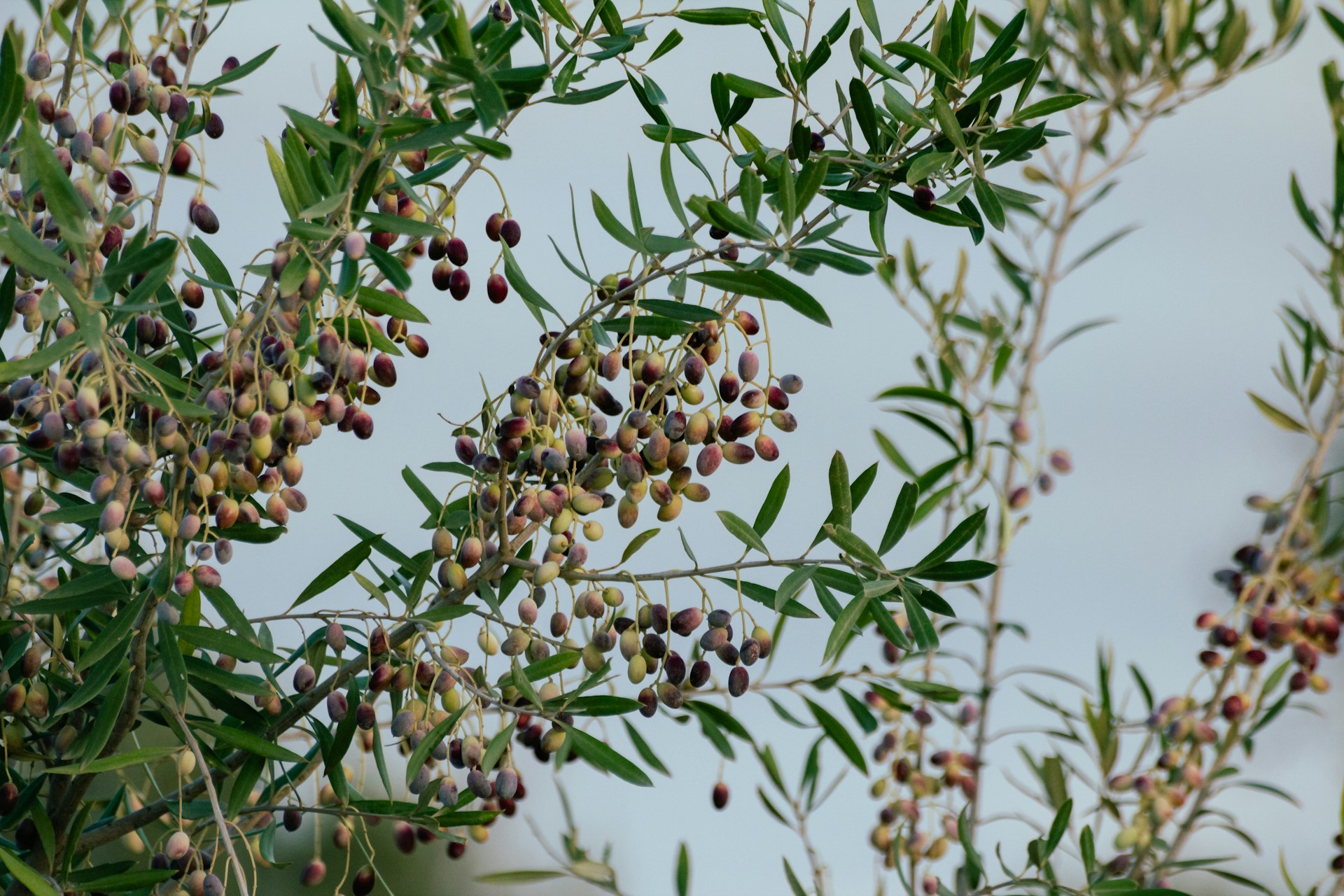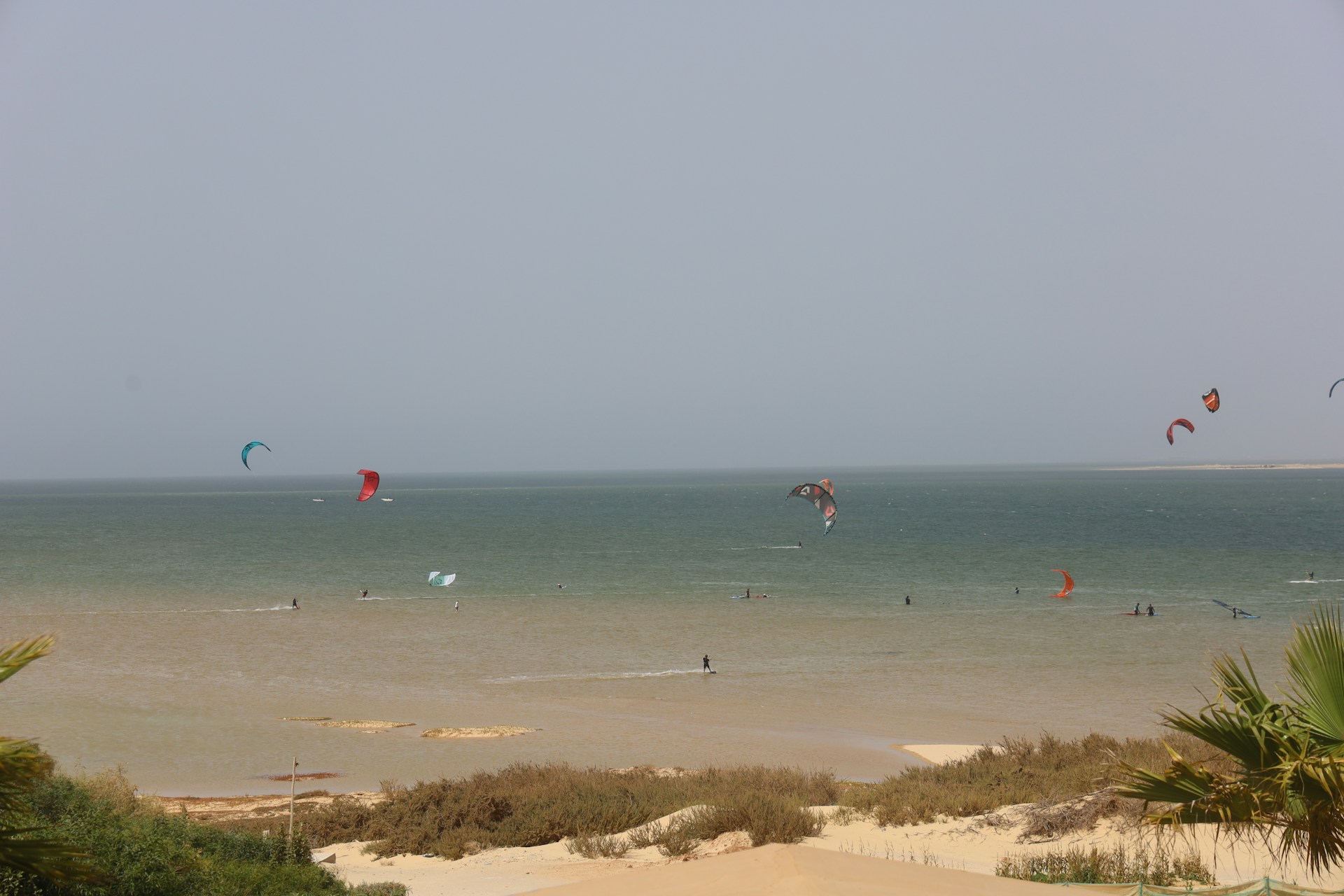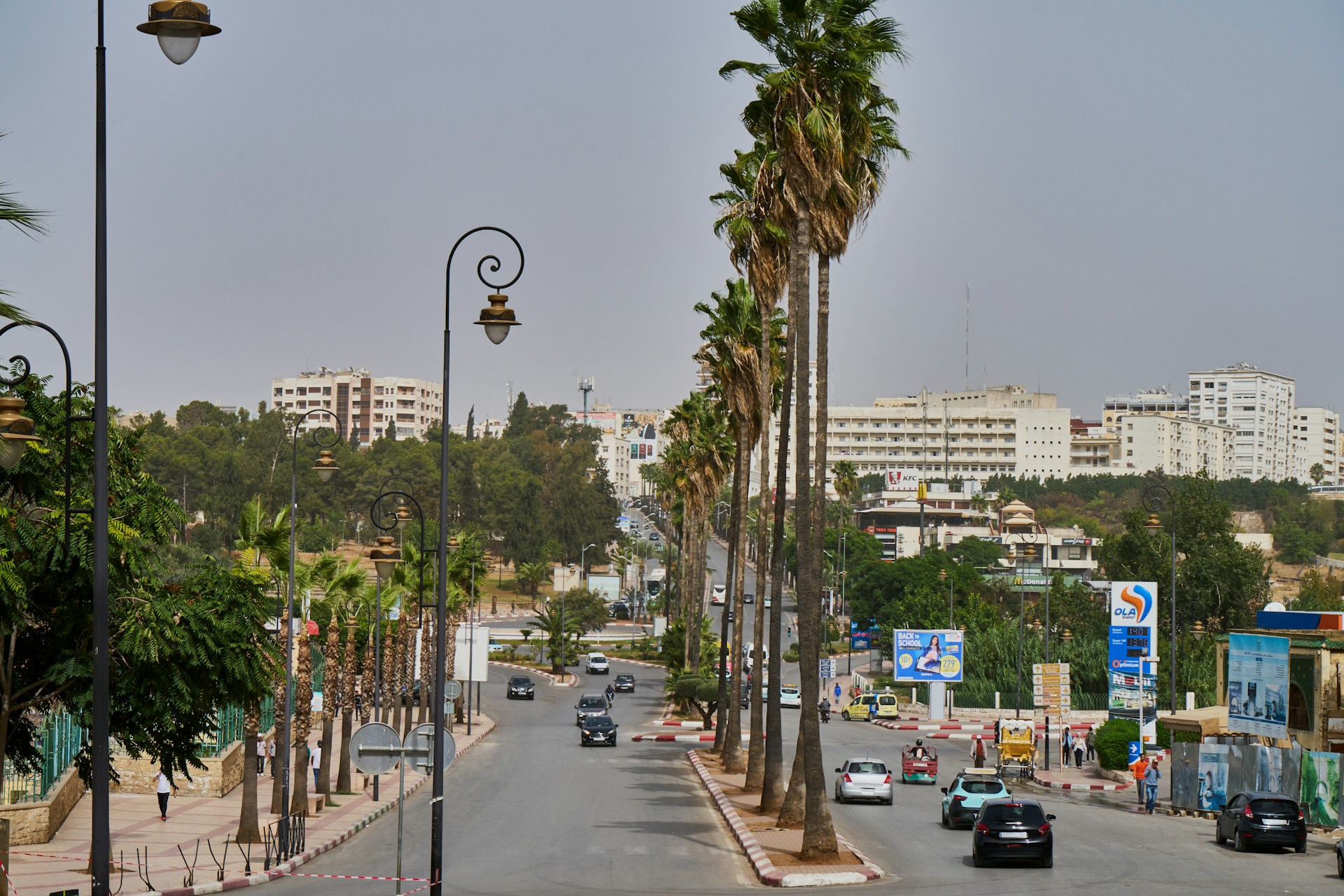Casablanca – Morocco’s fishing sector continues to solidify its position as a key contributor to the national economy, with significant achievements in export revenues, domestic sales, and strategic initiatives aimed at long-term sustainability. Recent data highlights robust growth across various aspects of the industry despite challenges such as climate change and fluctuating global demand.
Export milestones and economic impact
In 2023, the fishing industry generated export revenues of nearly $3.2 billion, according to Secretary of State for Fisheries Zakia Driouch. Export volumes reached 847,000 tons, representing 7% of Morocco’s total exports and a substantial 39% of agricultural and food exports.
These figures underscore the growing importance of the sector, which benefits from 518 marine product processing units, including freezing and canning facilities, as well as other valorization activities. These operations have significantly boosted Morocco’s food industry exports, solidifying the country’s reputation as a global player in marine products.
Domestic performance highlights
The domestic market also witnessed growth. The value of coastal and artisanal fishing products rose by 6% during the first 11 months of 2024, reaching nearly $1.03 billion, according to the National Fisheries Office (ONP). However, the total weight of these products slightly decreased by 1% to 1.23 million tons compared to the same period in 2023.
By species, cephalopods and white fish saw notable increases in landings, rising by 11% and 6%, respectively. In contrast, other categories such as shellfish, algae, and crustaceans experienced declines ranging from 7% to 95%.
Regional port activity
Ports along the Mediterranean recorded a 17% drop in landing volumes to 13,461 tons by the end of November 2024. However, their value increased by 9% to $62.8 million. Meanwhile, Atlantic ports maintained stability with over $962 million in value, despite a slight 1% decrease in landed volume.
Investments and job creation
The sector attracted over $96 million in investments in 2023, creating more than 126,000 direct jobs. These investments have been pivotal in advancing infrastructure, modernizing fishing practices, and enhancing value-added activities.
Strategic initiatives and sustainability
Morocco’s Halieutis strategy, launched in 2009 by King Mohammed VI, has played a transformative role in shaping the sector. It focuses on improving aquaculture, ensuring food security, and maintaining the sustainability of aquatic resources. This strategic framework has allowed the sector to remain resilient despite environmental challenges.
Future outlook
Stakeholders, including federations and associations in the fishing and marine product sectors, have expressed commitment to advancing public-private partnerships and leveraging the blue economy’s potential. Plans to modernize infrastructure and address climate-related challenges are central to ensuring the industry’s continued growth.
With these achievements and ongoing efforts, Morocco’s fishing sector stands poised for further expansion, contributing to both the national economy and global food security.
















